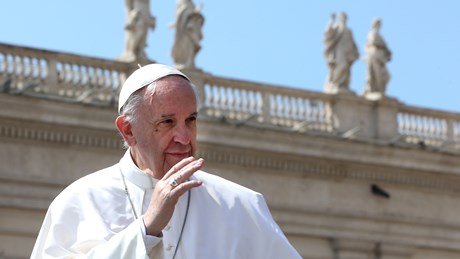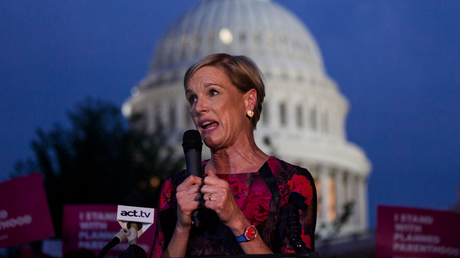Former gymnast Rachael Denhollander spent years discovering God's perspective on sexual abuse. Then her advocacy for survivors cost her her church.

Sixteen years after Larry Nassar first sexually abused her, Rachael Denhollander decided to publicly reveal that she had been one of the many victims of the USA Gymnastics team doctor. The former gymnast, who was a 15-year-old homeschooler when she says Nassar started abusing her, became the first to publicly make allegations against the respected Michigan State University faculty member.
Last week, Denhollander became the last of more than 150 survivors—all women and almost entirely former gymnasts—to share her impact statement in court with Nassar, who was convicted of seven counts of first-degree criminal sexual contact last fall and sentenced to up to 175 years in prison last week.
“I pray you experience the soul-crushing weight of guilt so you may someday experience true repentance and true forgiveness from God, which you need far more than forgiveness from me—though I extend that to you as well,” she said. (Read her whole impact statement.)
Denhollander’s decision to invoke her faith at Nassar’s sentencing drew widespread attention in national and Christian media. But in her statement, the lawyer and mother of three also told the courtroom that speaking out for sexual assault victims “cost me my church and our closest friends.”
“Three weeks before my police report I was left alone and isolated,” she said.
In an interview with Christianity Today, Denhollander shared more details about her break with her church community, how poor theology causes many churches to poorly care for sex abuse victims, how she found God’s perspective on sexual abuse in Scripture, and about her convictions that forgiveness and justice are both biblical and must go hand in hand. ...
from
http://feeds.christianitytoday.com/~r/christianitytoday/ctmag/~3/Bndes96Orcg/rachael-denhollander-larry-nassar-forgiveness-gospel.html





